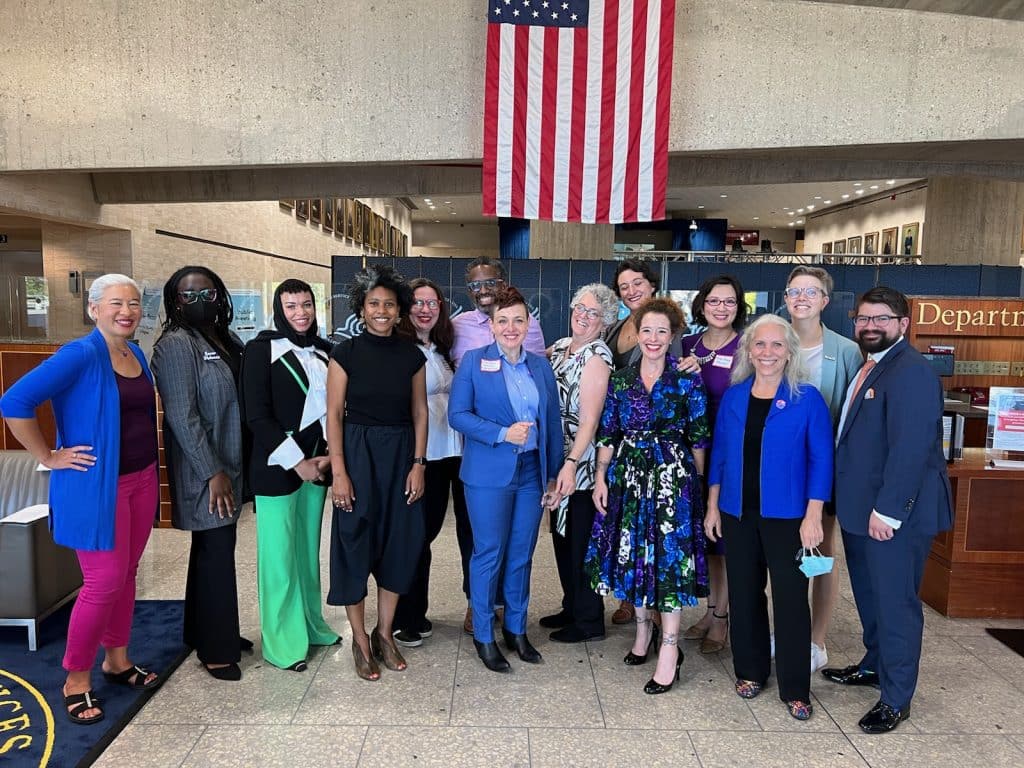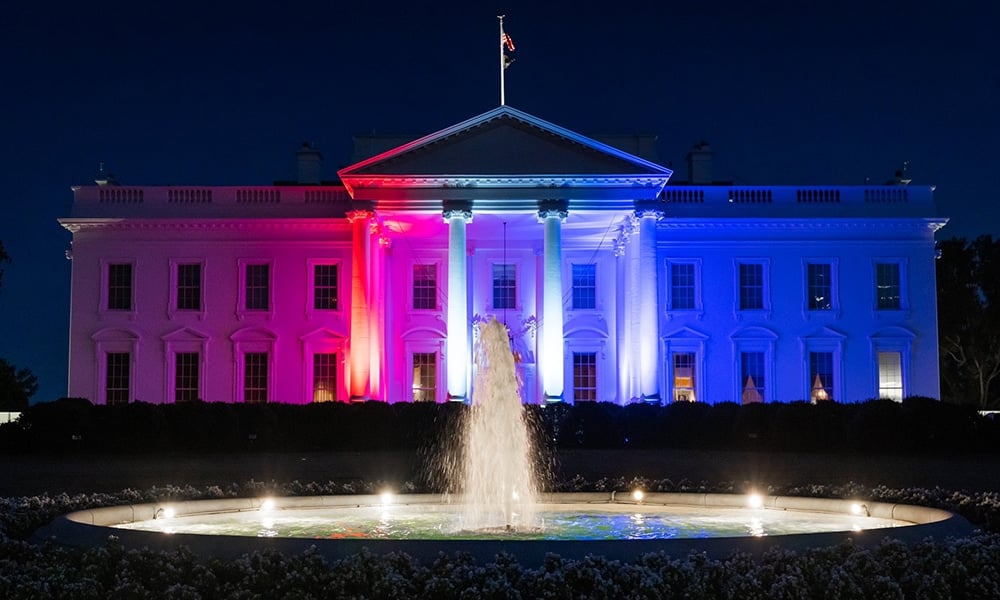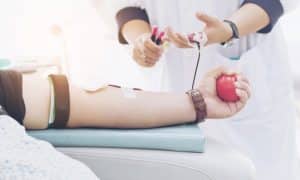It’s Bisexual Awareness Week! A week to highlight the distinct inequities faced by the bisexual community. A community, by the way, that makes up more than half of the LGBTQ+ population. With this in mind, this year was marked by a historic occasion. Fifteen bi+ community leaders met with federal agency officials at the Department of Health and Human Services. For the first time, seven years after similar roundtables under Obama, The Biden Administration is stepping up for bisexual folks.
Related | Bi Erasure: Why So Many Bisexual People Feel Invisible
Before we move forward, a quick lesson on terminology. In this article, we will be using the term bi+. This is an umbrella term that includes bisexual, pansexual, omnisexual, multisexual, and other non-monosexual orientations.
View this post on Instagram
Why Is This Important?
Despite the relative size of the bi+ community, folks that identify as such face shocking health disparities. These disparities include mental and physical health, intimate partner violence, and Monkeypox prevention, treatment, and care. There are many reasons for this. They include external stressors such as violence, isolation, and bi-erasure. Additionally, internalized stressors such as alienation, loneliness, and internalized stigma.
All of these can lead to, exasperate, or compound with health disparities such as physiological distress and disorders. When we consider the many gaps in funding and research around bi+ folks, in particular, we begin to get a sense of the scope of this issue. For this and many more reasons, action is desperately needed from the Biden Administration for bisexual folks.
A Call to Action
This week, fifteen bi+ community leaders presented the administration with a set of benchmarks, including the creation of a Federal Interagency Bisexual Liaison and a Federal Interagency Bisexual Working Group.
The leaders represent a diverse cross-section of the bi+ community from various backgrounds. They include parents, educators, academics, researchers, healthcare professionals, lawyers, media professionals, and activists. To better represent the bi+ community authentically, the leaders include nonbinary, trans, young, old, Black, Asian, and disabled folks as well as Muslim advocates and parents.

Courtesy of BiPlus Organizing US
Meet the Leaders
Khafre Abif is a Black bisexual educator, father, and person living with HIV. “This meeting has been a long time coming for the bi+ community,” said Abif. “I’m looking forward to a dialogue with federal officials about solving some of the health issues we face.”
Blair Imani is a Black, bisexual, and Muslim educator that has made a name for herself online. Together with her book, Read This To Get Smarter, and her series Smarter In Seconds, Blair has been instrumental in shaping online discourse surrounding bisexuality. She also came out live on air to Tucker Carlon, which was iconic, to say the least. “Visibility alone won’t end oppression,” said Blair. “But building coalitions and working intergenerationally to demand that the government acknowledge and protect Bi+ people? That’s what it’s all about.”
Robyn Ochs is a pillar of bisexual and pansexual community organizing. “Research has made clear our health disparities and invisibility,” said Robyn. “It’s time for federal interventions to catch up with what we already know through research and lived experience.”
Protect Bi+ People
This historic moment represents a positive step toward equity for our bi+ siblings. We hope to see meaningful action from the Biden Administration for bisexual folks, rather than symbolic gestures. Although it would be nice for the White House to light up in pink, purple, and blue on purpose.
Meanwhile, back in DC! #TeamUSA pic.twitter.com/dwlxXehZqL
— Jill Biden (@FLOTUS) July 24, 2021
If you’d like to get involved and lend your voice to the cause please visit BiPlus Organizing US.



